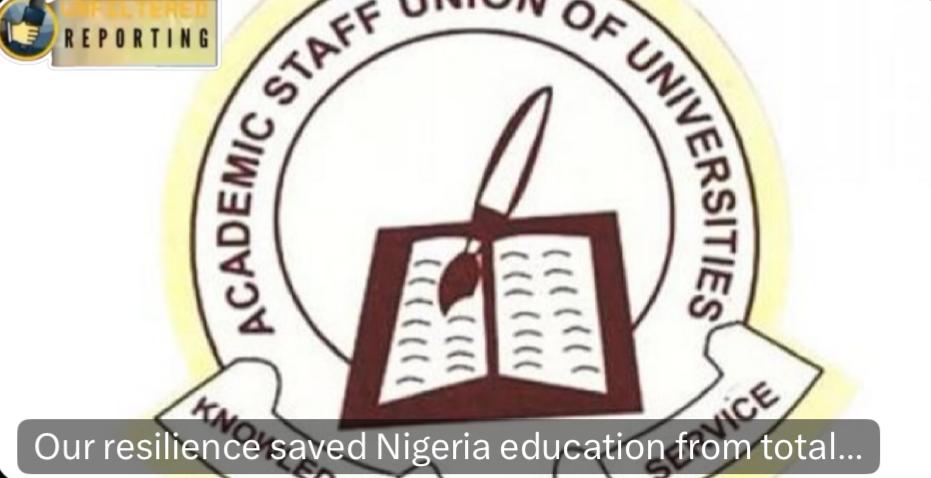The Academic Staff Union of Universities (ASUU) has said that the resilience and sacrifices of Nigerian lecturers were the only reason the country’s education sector did not completely collapse under the administration of former President Muhammadu Buhari. ASUU President, Professor Emmanuel Osodeke, made the statement during the union’s 23rd National Delegates Conference, where he reviewed the state of the education sector and described the period under Buhari as one of persistent underfunding, policy neglect, and failure to honour critical agreements. Osodeke said that despite the increase in education funding from ₦369.6 billion in 2016 to ₦2.05 trillion in 2023, the Buhari administration never met the UNESCO-recommended 15 to 20 percent budgetary allocation for education. He noted that annual allocations to the sector remained within a range of 5.6 to 8 percent, which, according to him, was grossly inadequate to meet the needs of Nigeria’s public education system. He stated that it was not government support but the unrelenting efforts of university lecturers that kept institutions functional during years of strikes, salary delays, and infrastructural collapse. “Without the resilience of ASUU members and the sacrifices made across Nigerian public universities, the system would have totally collapsed,” Osodeke said. ASUU criticised the Buhari government for failing to implement key agreements reached with the union, including the release of the ₦300 billion revitalisation fund promised in 2023. Osodeke added that the administration repeatedly failed to honour Memoranda of Understanding and Action, resulting in a breakdown of trust and worsening conditions across universities. He also highlighted the brain drain crisis, noting that many qualified Nigerian academics left the country due to poor remuneration and working conditions, leaving behind an overstretched and under-resourced system. He warned that unless urgent measures are taken, the education sector will continue to suffer further deterioration. The union expressed concern over ongoing developments under the current administration, particularly the proposed tax reforms that threaten the future of the Tertiary Education Trust Fund (TETFund), a major funding source for university infrastructure and research. ASUU also criticised the student loan policy introduced by the Bola Tinubu administration, arguing that it is being positioned as an alternative to proper public funding. ASUU called on the federal government to raise education spending in line with international benchmarks and treat education as a cornerstone of national development. Osodeke warned that any attempt to commercialise public education will only worsen inequality and reduce access for underprivileged Nigerians. He urged the Tinubu administration to learn from the past and prioritise the sector in policy and budgetary decisions. ASUU reaffirmed its commitment to defending public education and supporting quality university education in Nigeria despite persistent challenges.










